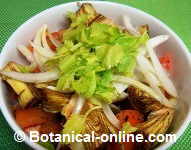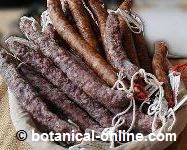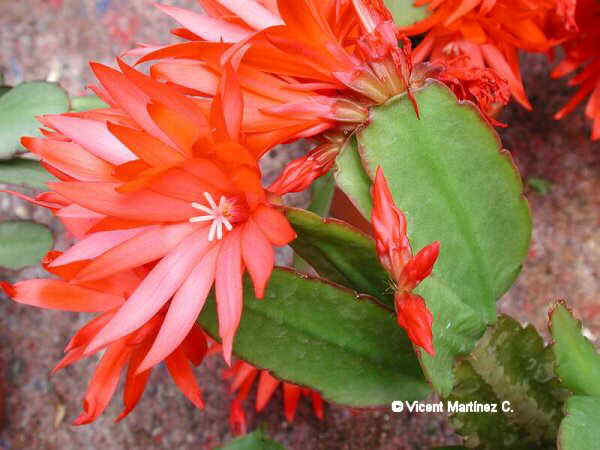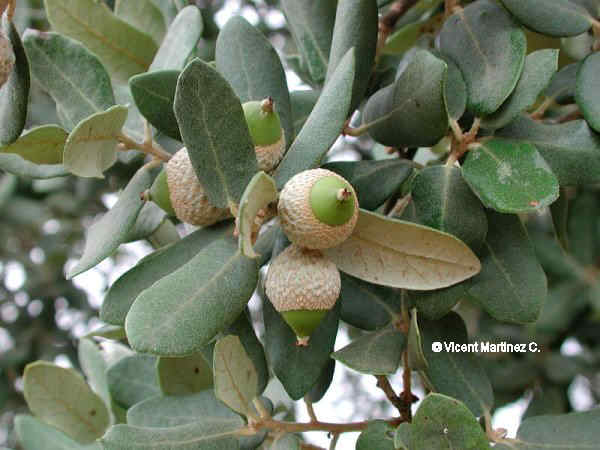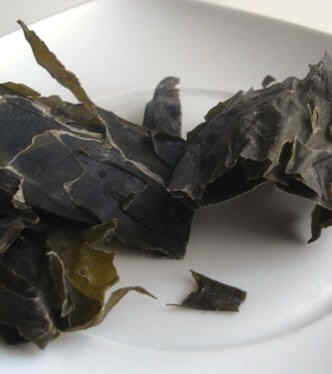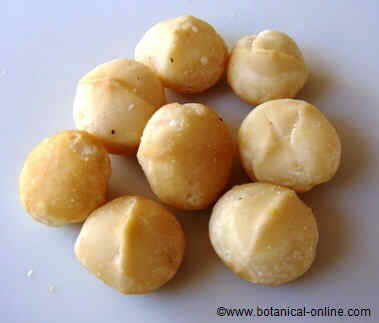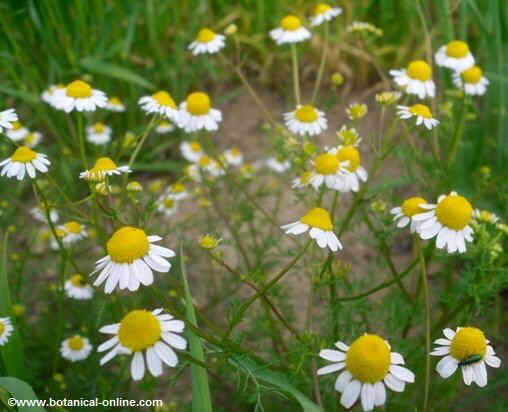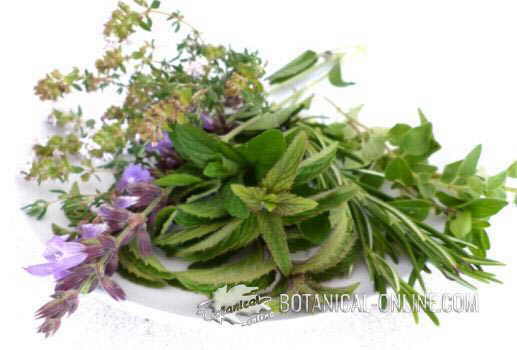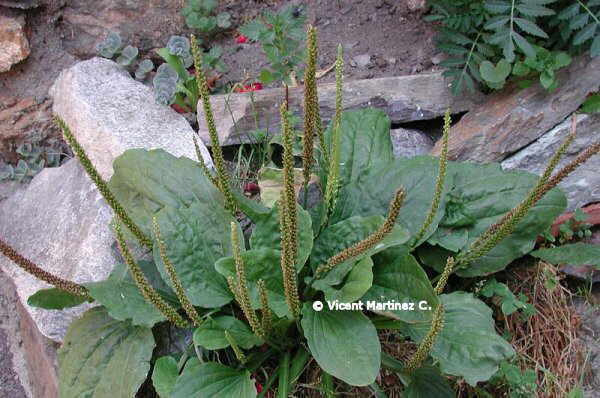Contents
Diet for chemical poisoning
What foods are suitable for chemical detoxification diet?
A proper diet to treat chemical poisoning entails taking into account the following principles:
- Eating plenty of purifying and antioxidant foods: The main function of the diet during the chemical poisoning is to provide a series of foods with depurative and antioxidant properties. This kind of food is that one that is able to help remove toxins from the body. In general, natural foods would provide the nutrients needed to keep the body in good condition, at the same time delivering those components with curative or protective properties. (More information on antioxidant food)
- Eating plenty of high fiber foods: The role of fiber is very important in the increase of intestinal peristalsis which allows more frequent and abundant bowel movements, which facilitate more rapid elimination of toxins from the body. The following table shows a number of foods rich in fiber:
Foods with high fiber content | ||
| Soluble fiber | Insoluble fiber | |
| Cereals: Oats, brown rice, maize Legumes: Peas, lentils, string beans, chick-peas, soy… Fruit, but especially Apples, pears, oranges, tangerines, grapefruits, strawberries, bananas, Vegetables, but especially: Cauliflower, carrot, beans | White rice Brown bread Wheat bran Fruit Vegetables | |
- Increased intake of water or other liquids: Consumption of water and liquids should be increased; that will eliminate toxins through the skin via sweat or urine.

Celery salad with tomato and onion, very suitable in this type of diet.
- Choose diuretic foods: Equally interesting are the foods with diuretic properties, able to increase urination for an increased disposal of toxic products.Among all diuretic food, the ones that deserve special attention are: celery, lettuce, carrots, the tomatoes, pears, onions, potatoes, watermelons or melons.
Non-suitable food for chemical detoxification diet
- Reduction of toxic foods: tobacco, alcohol, coffee or food with refined sugars should be discarded during the intoxication recovery period.

Animal food, specially sausages and other processed must be avoided in this diet.
- Reduction of fatty foods or animal protein: They should be replaced with vegetable oils and vegetable proteins. Vegetables or “soy meat” (tofu) may be an alternative to animal proteins.
Is it appropriate to fast during the detox diet?
Many experts recommend a fasting period controlled for a couple of days or three to help the body eliminate toxins.
During this period it is generally recommended the inclusion of a liter and a half of daily vegetable juices or fruit juice, divided into 4 doses.
It is also becoming quite common to include supplements with antioxidant properties, among which we can mainly point our vitamin A, vitamin C and vitamin E supplements.
Do not forget the importance of the specialist to control this type of diet!!!
![]() More information on chemical poisoning and its natural treatment.
More information on chemical poisoning and its natural treatment.
Related information: Poisoning by plants

